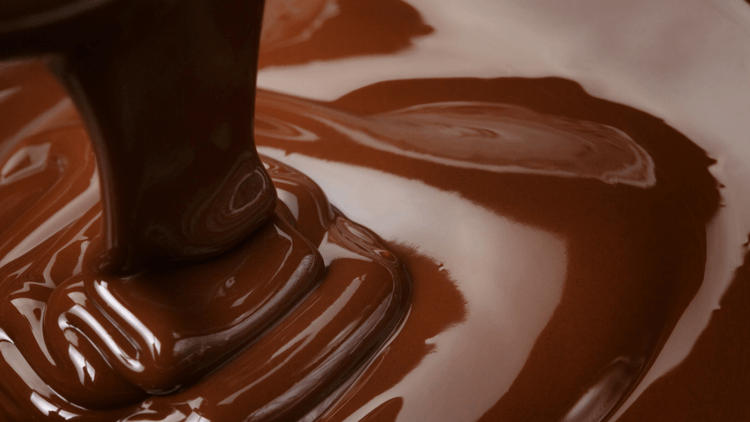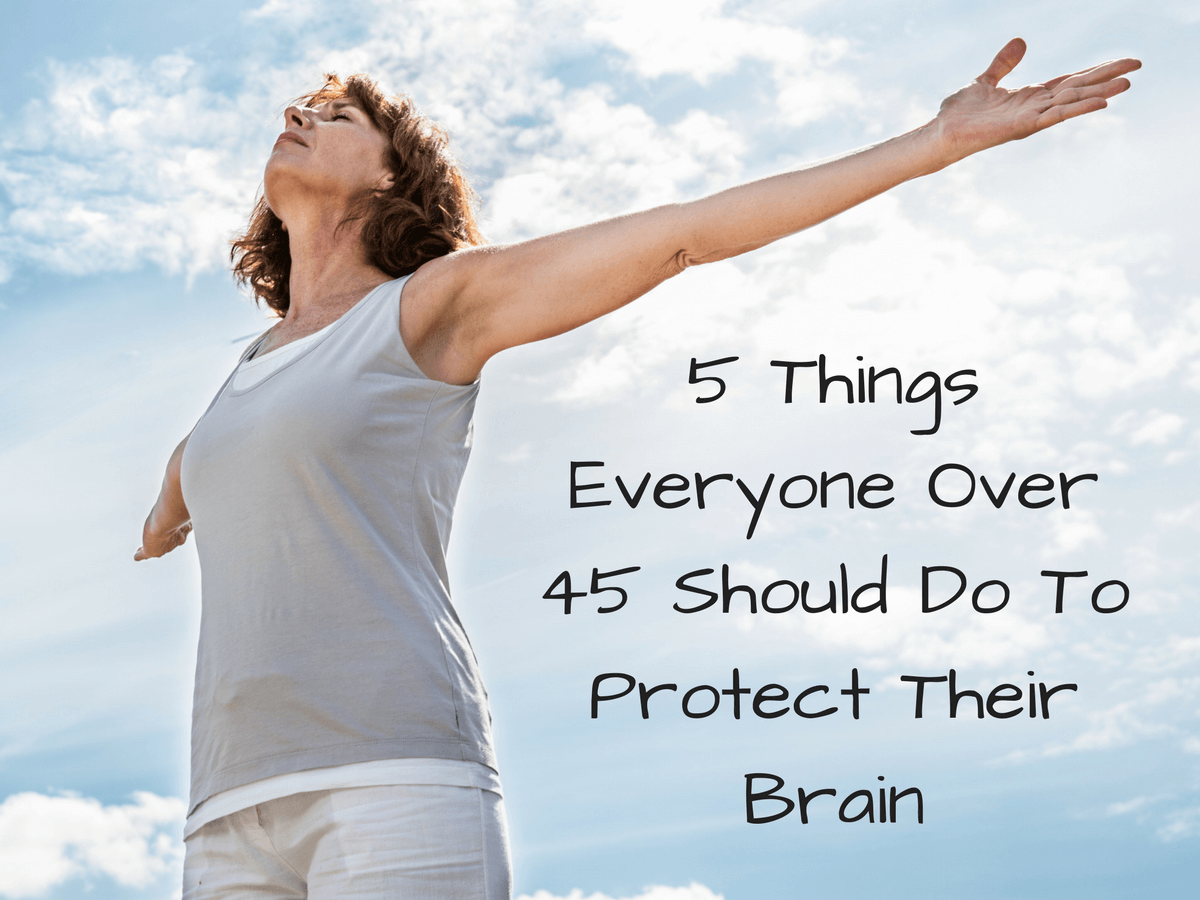Chocolate’s reputation has entirely changed in the last few decades. What used to be viewed as a treat that couldn’t be enjoyed with posing serious risk to someone’s health and likely causing them to gain weight, chocolate is now revered as almost a superfood.
Real chocolate, that is. Dark chocolate. And dark chocolate’s not just good for your body, either Recently, a lot of research has been done on chocolate’s effects on the human brain. There are tons of studies suggesting that regular consumption of cocoa actually improves your cognitive abilities.
Fancy that, huh? In this article, we’re going to explain the ways that chocolate can affect your brain and explain the benefits htta someone can reap from eating chocolate on a regular basis.
Why is chocolate beneficial to the brain?
The first thing we need to mention here is the type of chocolate that we’re talking about. Not all types of chocolate are going to have wild benefits, and in fact, a lot of things sold as chocolate are pretty bad for you. Processed forms of chocolate like milk chocolate that you see in the stores as chocolate bars or chocolate milk aren’t so good for you.
That’s because these foods have pretty much all of the cocoa processed out of them, and cocoa’s what we want. It’s the part of chocolate that’s got all the juicy antioxidants and phytonutrients, and it’s the part that’s responsible for all the brain boosting benefits. The reason we say that dark chocolate is better is because it’s got less sugar and more cocoa.
For the best benefits, you’re going to want to make sure that you use dark chocolate with the cocoa percentage of at least 60%. The higher the better, and if you want the best possible benefits, you can just eat raw cocoa nibs. They’re really not the most delicious treat, but they pack a serious nutritional punch and if you eat them for a couple weeks you’ll feel like a powerhouse.
Chocolate can make you happy
It’s not just a comfort food thing that makes people flock to chocolate when they’re sad. Dark chocolate is known to boost the body’s production of endorphins, which are the chemicals our body produces to feel happy. They bind with opioid receptors in the brain and cause feelings of relaxation and contentedness.
Chocolate improve blood flow to the brain
This means that chocolate can improve pretty much all of your executive brain functions. Since your brain needs blood to function just like any other part of your body, improving the blood flow to your brain enhances its ability to function.
That means that you might see an improvement to all of your basic cognitive abilities. This could include memory recall, the ability to form sentences and coherent thoughts, your ability to do logic and math, your basic comprehension skills, and more.
Studies have shown that cocoa, even when consumed in a drink like hot cocoa, can improve the cerebral blood flow for up to three hours. The study even tested subjects before and after they took chocolate; they made a 30% improvement on a memory test.

Chocolate can prevent mental diseases
Your brain uses a ton of oxygen. That’s part of the reason that it’s so important to have a healthy blood flow to and from the brain – the blood carries oxygen, which thus powers the brain. Your brain uses a whopping 20% of the body’s total oxygen.
This means that the brain is highly liable to be damaged by oxidation, which can lead to free radicals. Free radicals are dangerous molecules that are missing an electron in their outer shell. To compensate, they steal an electron from a neighbouring atom, thus starting a chain reaction that can lead to innumerable diseases.
Oxidation is a part of life, but it’s also responsible for age-related disease and decay. In the brain, oxidation can cause dementia, Alzheimer’s, Parkinson’s, and other cognitive diseases.
Chocolate is known to be a very potent source of antioxidants, some of the best for fighting oxidation in the brain particularly. This means that regular consumption of healthy dark chocolate can actually fight and possibly prevent someone from developing mental illnesses.
Chocolate can improve focus
If you’ve ever noticed an energy boost after eating chocolate, you weren’t just experiencing a placebo effect. Chocolate contains a bit of caffeine, which we all know is the energizing component of coffee. It also contains another compound known as theobromine, which is sometimes considered to be a less potent brother of caffeine.
Theobromine itself is an antioxidant, and it’s a stimulatory compound that provides moderate mental and physical energy for a few hours. Being as it’s not as potent as caffeine, it’s not known for causing the jittery side effects often associated with drinking coffee.
The amount of caffeine in chocolate isn’t near the amount that comes in a cup of coffee. The theobromine that’s in chocolate tends to make up for the difference though, providing a clean, long-lasting boost of energy.
Studies have been done on people using theobromine to enhance their focus and the results were quite positive.
Chocolate can reduce stress
One of the best nutrients for reducing stress and anxiety is magnesium. Magnesium deficiencies are quite common and are one of the most common causes of generalized anxiety disorders.
Magnesium helps prevent the production of cortisol, which you might know as your body’s stress hormone. Less cortisol means less stress, and cocoa can help you get there.
Should You Switch To A Mediterranean Diet For Better Brain Function? >>
Chocolate can make you smarter
That is, in addition to all these other fantastic brain benefits. Chocolate is actually known to improve the brain’s neuroplasticity, which is a term that describes the brain’s ability to repair, rebuild, and regrow neurons (brain cells.) Neuroplasticity is a fairly recent discovery that relates to a person’s maximum capacity to absorb information.
The more neuroplasticity a person’s brain exhibits, the more they’re able to form new connections and use existing connections to learn, understand and recall information. That’s just a long way of saying “be smart.”




